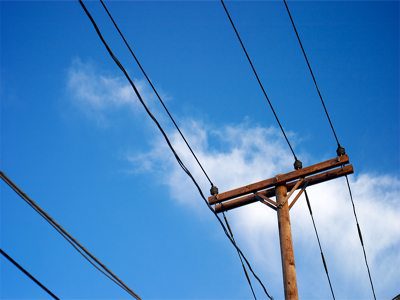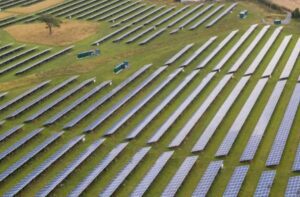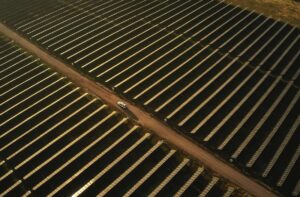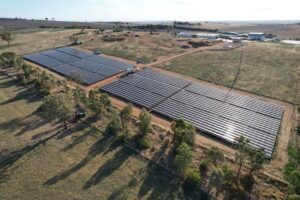The Tasmanian government has become the latest to act on Australia’s high electricity prices, announcing plans to introduce legislation this week to cap the state’s wholesale power price for 12 months.
State energy minister Matthew Groom said on Sunday the government had decided to intervene in the market, in an effort to shield consumers from an expected price increase of about 15 per cent from July 1.
Tasmania has more ability than other states to do this because the energy generation, distribution and retail companies remain publicly owned.
Electricity prices in the state are normally set annually and independently by the Tasmanian Economic Regulator who looks at factors including electricity generation, network and retail costs, as well as changes within the national energy market.
And while Tasmania’s power prices fall mostly on the lower range of the national scale, conusmption levels are high – especially in winter months – due to the cold climate and older energy inefficient housing stock.
But forecast wholesale energy prices of up around $126/MWh – driven by supply balance problems in South Australia and New South Wales, and the closure of the Hazelwood power station in Victoria – were “unacceptable”, Groom said.
“These anticipated power price increases are just too high for households and small businesses to cope with and so the government is intervening,” Groom said on Sunday.
“We’re going to directly intervene to introduce legislation into Parliament to enable the Treasurer to set the wholesale price for this reset on the first of July and deliver an outcome which is consistent with CPI of about 2 per cent.”
Groom said it would not be a case of putting off the inevitable, promising Tasmanians would not be hit with a massive spike in power prices at the end of the 12-month cap.
And he said the Tasmanian government – which faced its own power supply crisis early last year through a combination of drought constrained hydro and the failure of the Basslink interconnector – would continue to monitor the situation.
“There won’t be a price shock at the end of this — we’re committed to ensuring there won’t be a price shock for Tasmanian households and small businesses and that is why we’re directly intervening.”
But Opposition Labor Leader Rebecca White said greater long-term certainty was needed.
“There’s no doubt that power price hikes are hurting people, but addressing the issue just for 12 months isn’t a long-term solution,” she told the ABC.
“This is a cynical political move from the government, to put the issue off past the next election. It’s not going to address the long-term issues that the state is facing, and it’s a very short-sighted decision.”
To this end, Tasmanian energy consultant David Hamilton recently suggested merging HydroTasmania, TasNetworks and state-owned retailer Aurora to reduce overheads.
Hamilton also advised that the government should stop expecting a dividend from the organisation.
“It should have two clear monetary objectives: provide the cheapest electricity to Tasmanians possible … and make the largest profit possible from mainland electricity sales – consistent with clear and prudent energy security requirements.”
Interestingly, data from Sunday night shows (below) that Tasmania was, at one point, importing large quantities of power from Victoria, when Victoria had a price of $68 to Tasmania’s $223. But prices were also high a day earlier when exports were high.










